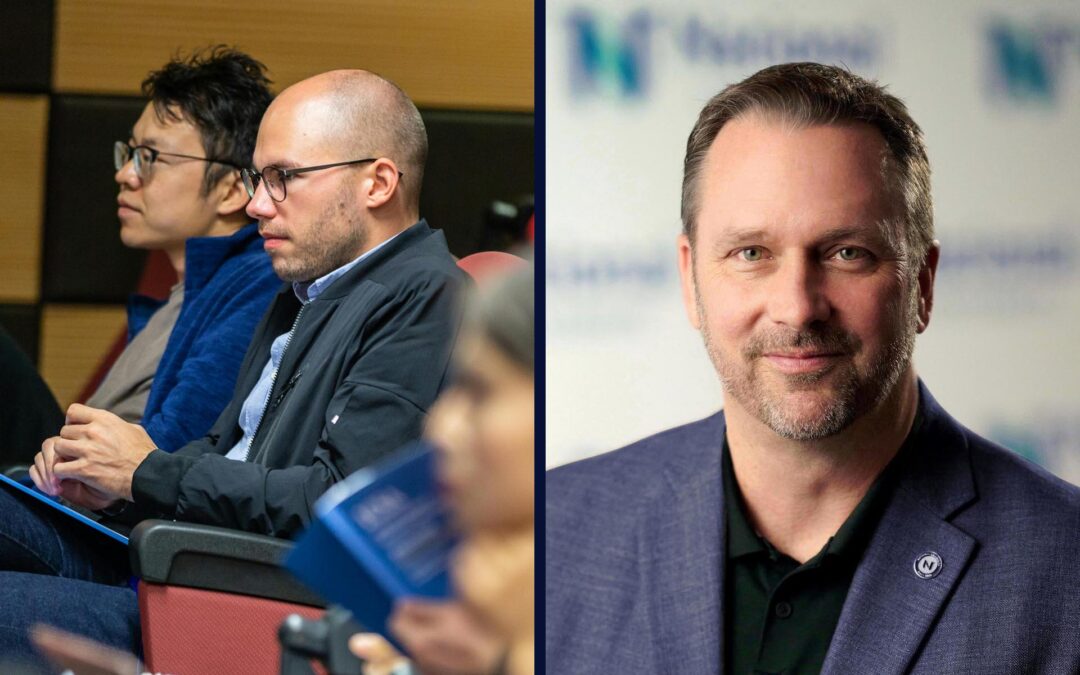By Dr. Lisa Vollendorf, Empire State University
Empire State University (SUNY Empire) has supported, since our founding in 1971, a broad range of students. We proudly help learners of all ages and from all walks of life achieve their educational dreams.
As New York’s leading online public university, SUNY Empire serves a truly diverse student population. With more than 16,000 students who range in age from 15-88, we strive to meet every student where they are. We support all students as they complete their degrees. Our policies have long upheld this commitment: we accept up to 93 transfer credits and award credit for prior learning.
Over the past decade, the number of students identifying as autistic and neurodivergent has grown exponentially at our university. Several years ago, we realized that we needed to step up our efforts if we were going to fully support this growing population. We are proud that our mission includes an explicit commitment to serving autistic and neurodivergent students, faculty, and staff.
The rate of autism in the United States has grown steadily over the past 20 years. Today, autism affects 1 in 36 children. It is thought to be the fastest growing developmental disorder, yet it is substantially underfunded and misunderstood. Autism awareness has grown exponentially in recent years, which also means that adults today likely had less access to diagnoses and support in their youth. For those of us who serve adult learners, this makes it especially important to offer holistic support.
Disconcertingly, rates of postsecondary educational participation for youth with Autism Spectrum Disorders (ASD) are substantially lower than those of the general population. Some studies have indicated that 40% or fewer ever attend college, and even fewer earn a degree that can transform their lives. Higher education has a role to play in reversing this trend.
Starting in 2020, SUNY Empire made a commitment to serving this population. First, we launched a Center for Autism Advocacy: Research, Education and Support (CAARES). CAARES’ mission is to provide universally designed and community-informed resources to support equitable access for autistic and neurodivergent individuals in the classroom, the workplace, and beyond. Currently, the Center has two full-time faculty.
From community-based workshops to university-wide trainings, CAARES provides support to students, faculty, and staff while also leading a research effort focused on autism and neurodiversity. Our Peer2Peer Student Connection program, by which neurodivergent students are matched with one another to promote wellbeing and belonging, is one of the many hallmarks of this approach.
SUNY Empire became an officially designated Autism Supportive Institution in 2022—the only university in New York State with this designation. The designation recognizes our commitment to building a safe, supportive, and inclusive educational environment for autistic and neurodivergent individuals.
I invite other higher education leaders to consider leaning into the challenge of building an autism-supportive environment. You, too, can choose to require annual autism-support training for all employees. You, too, can identify measurable outcomes and implement strategies to assess and improve systems, practices, and procedures on an ongoing basis.
By seeking and acting upon feedback from students, faculty, and staff, colleges and universities can choose to build cultures of continuous improvement that help autistic and neurodivergent individuals feel welcomed and supported.
Before I joined SUNY Empire, I did not have any training or education in supporting individuals with autism. I did not fully understand the role that online institutions could play in helping expand access to higher education for autistic and neurodivergent students, faculty, and staff. I now have a deeper appreciation for a simple fact: a commitment to inclusion requires a commitment to building universal design into all aspects of our teaching, learning, and operations.
At Empire State University, we believe that online institutions are uniquely positioned to expand educational opportunities to learners from all backgrounds, including the growing number of autistic and neurodivergent individuals in the United States today. I invite others to join us to create truly inclusive colleges and universities that are welcoming to all.




Recent Comments